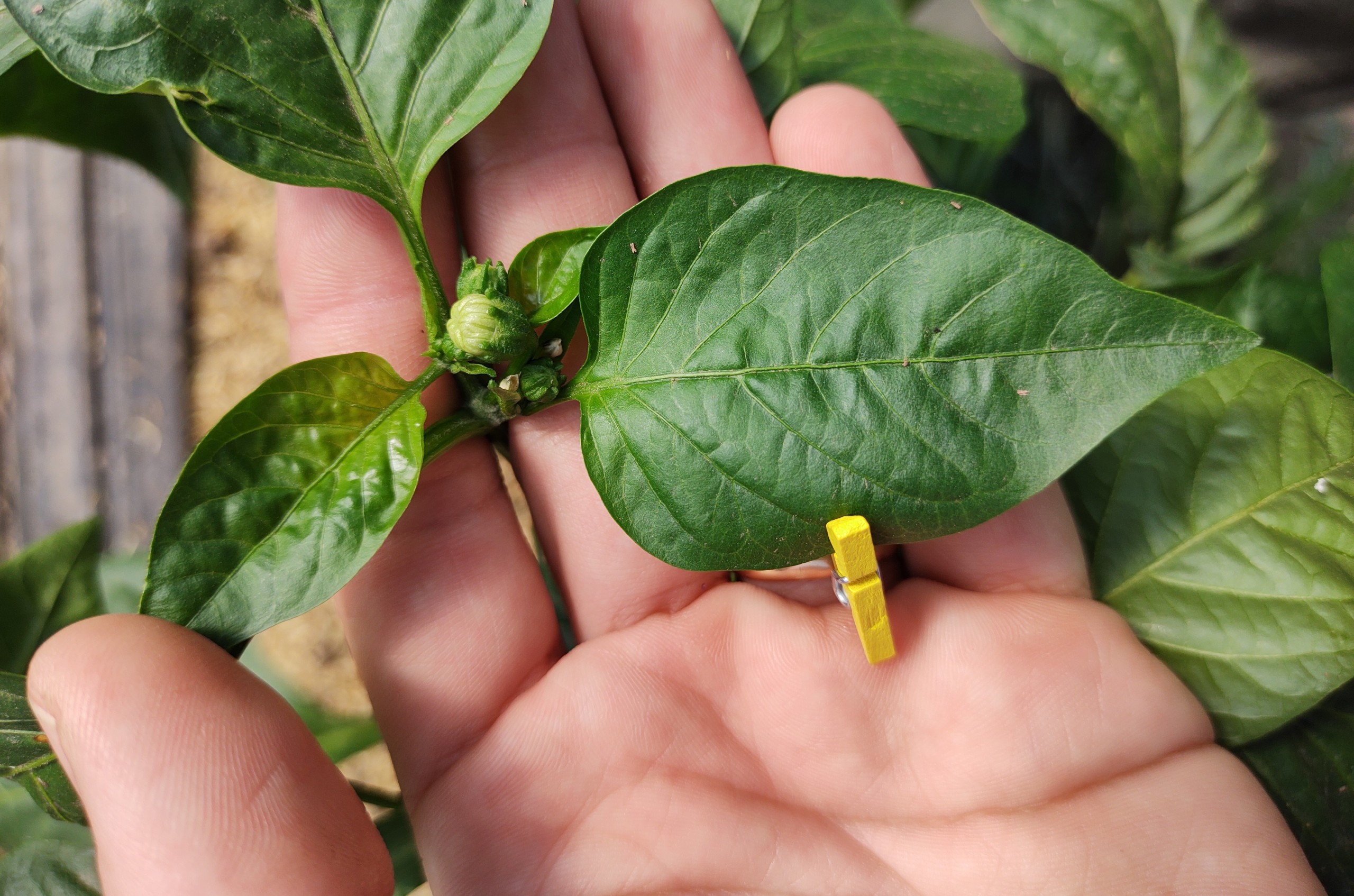Aqueous extracts from plants with phytotoxic activity
Travaini, M. L.; Carrillo, N. J.; Ceccarelli, E. A.; Sosa G. XLVIII Reunión Anual de la Sociedad Argentina de Investigación en Bioquímica y Biología Molecular (SAIB) 2012 Mendoza, Argentina.
The extensive use of synthetic herbicides directed against a limited number of targets to control weeds has accelerated the rate of appearance of resistance among them. The use of new substances with different sites of action would reduce that problem. In that sense, we propose the use of phytotoxic compounds isolated from plants. Several known vegetal species release germination and/or growth inhibitors as a strategy to colonize or invade grounds occupied by other plants. We collected samples (organs and surrounding soil) of plants that exhibited an invasive behavior in different regions of Argentina. We also harvested plants popularly known for their medicinal use. A total of 2103 samples were processed. Aqueous extracts were obtained from each sample and their inhibitory activity was tested in assays of lettuce and agronomic seeds germination. We detected that 251 extracts inhibited lettuce germination at 100%. Moreover, 4 extracts were selected because they showed the lowest IC50 (below 3 mg/mL) when tested for lettuce germination inhibition and produced also a post germination effect. Longer exposures of the seeds to these extracts produced an increase on inhibition on lettuce germination and growth. Particularly, the effect on germination was irreversible: after an exposition of seeds to these 4 extracts normal levels of germination were never recovered.
Aqueous extracts from plants with phytotoxic activity
INBIOAR


